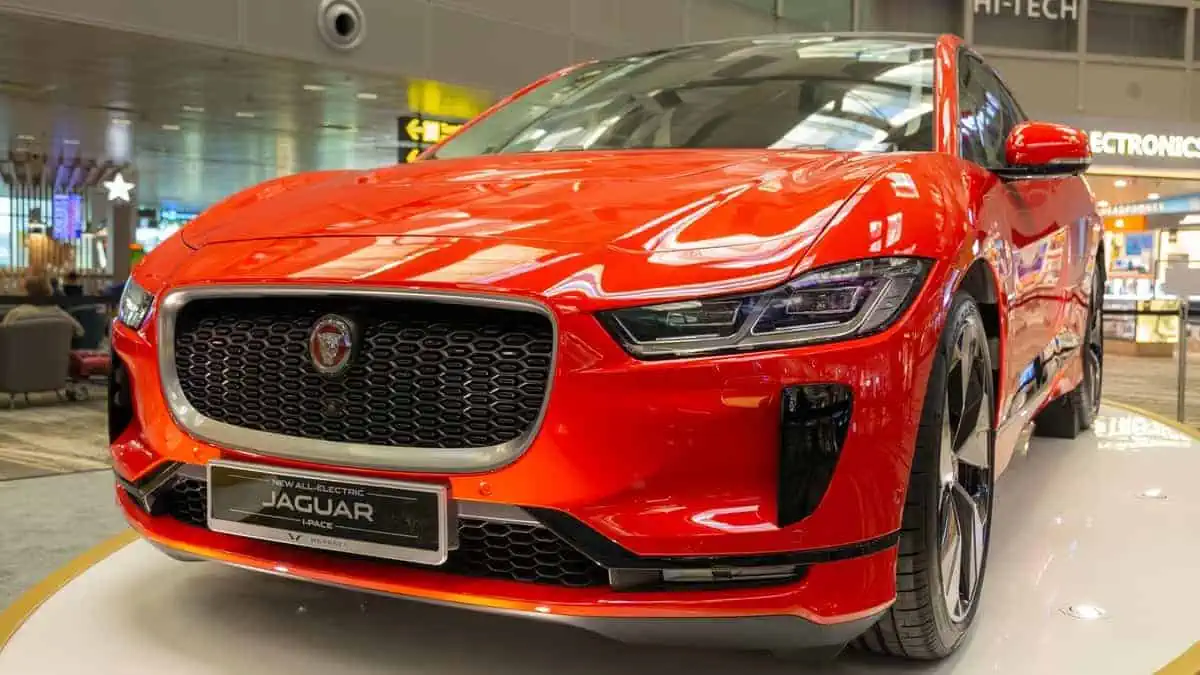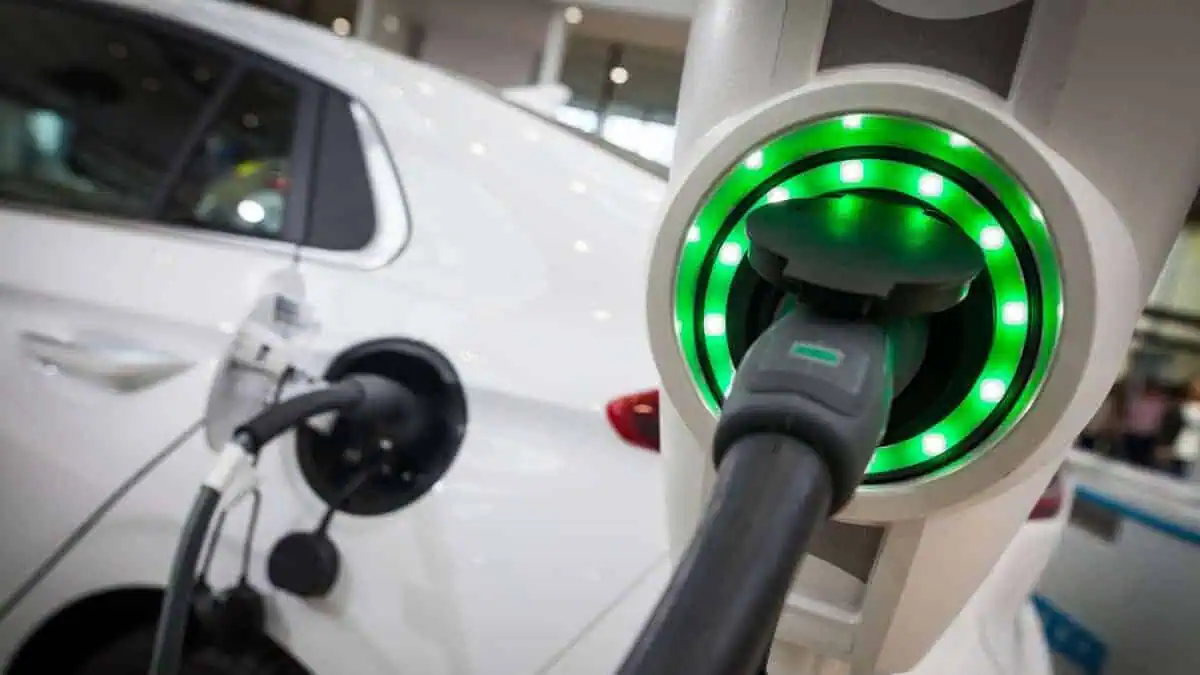The United Kingdom has just crossed the 1 million sales threshold in battery-electric vehicles in January after 20 years, Reuters reports. Impressively, this achievement ensued despite a substantial decline in private buyers’ new electric vehicle registrations.
Electric vehicle sales results in January
In January alone, Britain registered a total of 20,935 all-electric vehicles. It indicated a 21% year-on-year growth, owing to effective tax incentives for company car users. This notable sales increase enabled the domestic EV industry to record its one-millionth milestone since 2022.
According to the report, BEV sales for fleet and business customers surged by a whopping 41.7%. In fact, the achievement of the 1 million milestone was largely due to fleet buyers acquiring over 25 BEVs in one go.
In contrast, private buyer registrations continue to decline, with a 25.1% drop in January. The Society of Motor Manufacturers and Traders (SMMT) warned it could impede the government’s target to hit net zero.
In addition, EVs contributed 14.7% of the country’s overall vehicle sales in January. Despite a year-on-year increase, the market share for that month remained well below the 2023 yearly achievement of 16.5%.
Call for supportive government policies
Considering the significant gap between fleet and private buyers, the SMMT has called for the UK government to aid buyers by cutting value-added tax (VAT) by 50% on new BEV purchases.
“It’s taken just over 20 years to reach our million EV milestone – but with the right policies, we can double down on that success in just another two. Market growth is currently dependent on businesses and fleets.
Government must therefore use the upcoming Budget to support private EV buyers, temporarily halving VAT to cut carbon, drive economic growth and help everyone make the switch. Manufacturers have been asked to supply the vehicles, we now ask government to help consumers buy the vehicles on which net zero depends.”
SMMT CEO Mike Hawes said in a statement
The industry expects this year’s new car sales to be 4,000 units higher. Alarmingly, the forecast for BEVs declined to 21% market share over the year compared to the 22.3% expectation in October.
Challenges in EV uptake
In hindsight, Prime Minister Rishi Sunak announced last year the delay on the new petrol and diesel car sales ban from 2030 to 2035. Several automakers opposed the decision, given their heavy investments in EV production.
Automakers must produce an increasing number of EVs or else pay substantial fines under the new zero-emission vehicle (ZEV) mandate in 2024.
However, several major players like Toyota, the Land Rover owner JLR, and Nissan demanded the government postpone the ZEV mandate this year. They contend that introducing the mandate was too late for them to adjust their strategies.
In addition, the local industry also worries over the slow pace of electric vehicle charger installation and the high costs of electric cars. These factors remain major barriers to customers’ decision to shift to electric vehicles.
With all that said, the UK government must indeed launch supportive policies to boost e-mobility uptake and aid the country in achieving net zero.






